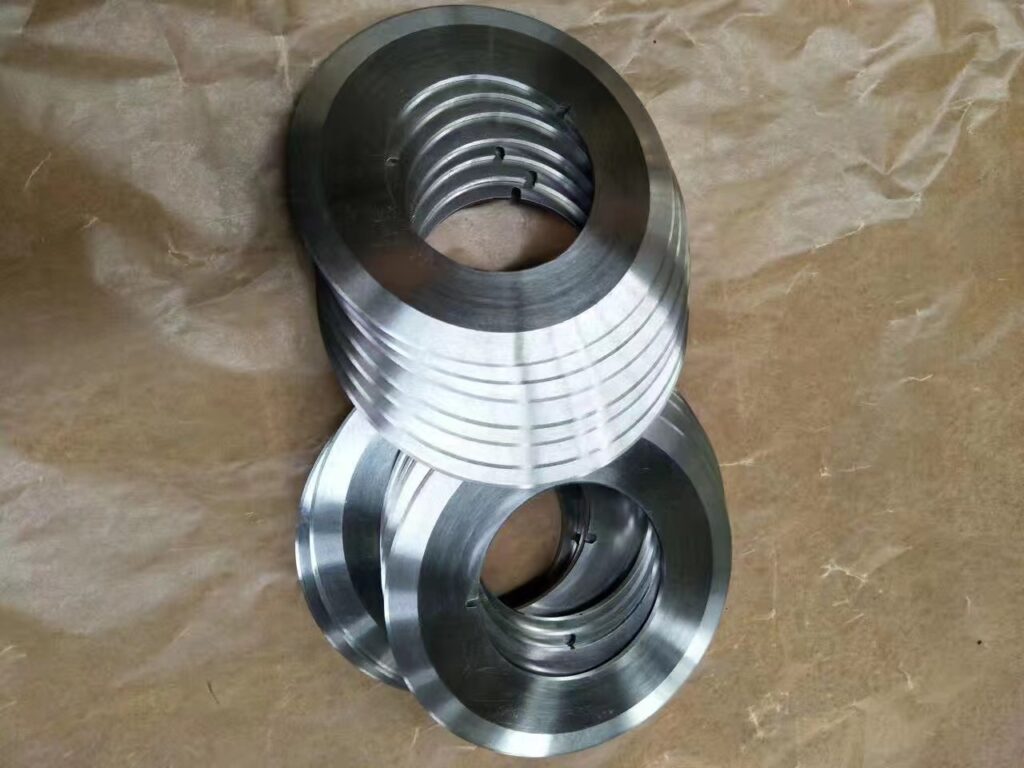Circular shear blades play a crucial role in a variety of industries, primarily for cutting materials such as metals, plastics, and rubber. Understanding their types, materials, and applications is essential for selecting the right blade to achieve optimal cutting performance.
Table of Contents
- Types of Circular Shear Blades
- Material Used in Circular Shear Blades
- How to Choose the Right Circular Shear Blade
- Maintaining Circular Shear Blades
- Durability and Lifespan of Circular Shear Blades
- Circular Shear Blades vs. Other Cutting Blades
Types of Circular Shear Blades
Circular shear blades come in various shapes and designs, each suited for specific cutting tasks. Some of the most common types include:
- Standard Circular Blades: These are the most common blades used for general-purpose cutting.
- Heavy Duty Blades: Designed for cutting tougher materials like steel or aluminum.
- Slitting Blades: These blades are optimized for high-speed slitting operations in various industries.
Material Used in Circular Shear Blades
The material of the blade greatly affects its performance and durability. Common materials used for circular shear blades include:
| Material | Advantages | Common Applications |
|---|---|---|
| High-Speed Steel (HSS) | Durable, heat-resistant, and provides smooth cuts | Used for cutting metals and plastics |
| Tungsten Carbide | Highly resistant to wear, ideal for tough applications | Heavy-duty cutting in industrial settings |
| Stainless Steel | Corrosion-resistant, offers a long lifespan | Used for food processing and medical applications |
How to Choose the Right Circular Shear Blade
Choosing the right circular shear blade depends on several factors, including:
- Material to be Cut: Different materials require different blade materials and types.
- Cutting Speed: Ensure the blade is suited for the speed at which you need to cut.
- Blade Size: The diameter of the blade should match the requirements of your cutting equipment.
Maintaining Circular Shear Blades
Proper maintenance is key to ensuring the longevity and efficiency of your circular shear blades. Regular cleaning, sharpening, and inspecting for wear can prevent damage and reduce downtime.
Durability and Lifespan of Circular Shear Blades
The lifespan of a circular shear blade is influenced by its material, the type of material being cut, and how well it is maintained. Tungsten carbide blades generally last longer than high-speed steel blades but may be more expensive.
Circular Shear Blades vs. Other Cutting Blades
While circular shear blades are highly effective for cutting, they are not always the best choice for every cutting application. For example, rotary blades or guillotine blades may be better suited for certain tasks depending on the material and cutting requirements.


